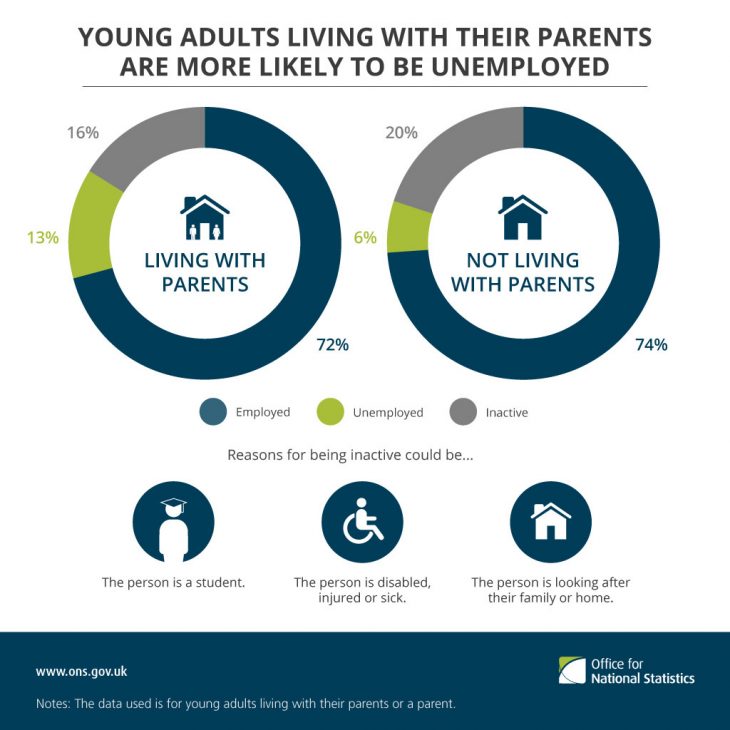
Word of the Day: Evanescent
Paul Schleifer
According to the OED, evanescent is an adjective describing something “That is on the point of vanishing or becoming imperceptible” or something “That quickly vanishes or passes away; having no permanence. Said of appearances, conditions, impressions.” The earliest recorded use in the OED comes from a source in 1708 where the word is used about arteries. On the other hand, www.etymonline.com says that it was first used in English in 1717, but both sources agree that the word comes into the language “from French évanescent, from Latin evanescentem (nominative evanescens), present participle of evanescere ‘disappear, vanish, pass away,’ figuratively ‘be forgotten, be wasted,’ from assimilated form of ex ‘out’ (see ex-) + vanescere ‘vanish,’ inchoative verb from vanus ‘empty, void’ (from PIE *wano-, suffixed form of root *eue- ‘to leave, abandon, give out’).”
There is a noun form, evanescence, but its first appearance in the language doesn’t occur until 1751, which might make one think that it is a back formation. However, there is another noun form, evanescency, first recorded in 1664, according to the OED, though it is listed as obsolete now. So maybe evanescence is a backformation, or maybe not.
Here’s the news from May 22, 2018.
Michael Rotondo, a 30-year-old man who lost a job at the age of 22, moved back in with his parents, and has been mooching off them ever since, was told by New York State Supreme Court Justice Donald Greenwood that he would have to move out. Rotondo says that he will appeal the decision.
According to Q13 Fox (http://q13fox.com/2018/05/22/judge-orders-30-year-old-to-move-out-of-parents-home-in-surreal-court-hearing/), Mark and Christina Rotondo have been writing letters, notes, and even an eviction notice since early February. According to the parents, son Michael pays no rent, contributes nothing to the family economy, and does nothing to help around the house. Furthermore, inferring from the article makes one think that Michael has made no effort to find a new job. The parents have even offered him $1,100 to help him get started in a new place, but Michael is not, apparently, ready to take responsibility for himself.
According to The Daily Mail, Rotondo is a college dropout who, instead of having a job, has a business that he won’t discuss but which, he claims, is more lucrative than having a job. Rotondo also claims that his problems with his parents are the result of his having lost custody of his son, whom he fathered in the brief time he was living on his own: “Michael says he lost custody of his son, whose age he wouldn’t disclose, back in September. The boy now lives with his mother full time, who Michael says he was never married to, or in a relationship with” (http://www.dailymail.co.uk/news/article-5759301/Deadbeat-millennial-tells-parents-sought-evict-home.html#ixzz5GHqsGRCa).
It is not said why Rotondo lost custody of his, but he claims that he is a good father; the court, however, disagrees with him because his visitation is limited to therapeutic sessions approved by the mother. Rotondo also acts as his own attorney (the old saying in law is that a lawyer who represents himself has a fool for a client, but I don’t know how it works when the fool is both not even an attorney).
It is really sad that a relationship between a son and his parents would go completely awry as this one has done, but I am guessing that Rotondo’s parents probably would have been fine with his living in their house if only he had been willing to contribute something—cash, chores, something! Parental love is unconditional, but sometimes as a parent it is hard to know when patience is actually hindering the growth of the child. In this case, the 30-year-old adultescent has apparently cause the patience of his parents to become evanescent.
The image is a graphic from the National Office of Statistics (yea, like there is such a thing, right?). According to this office, “The number of young adults aged 20-34 living with their parents has increased by 25% since 1996, despite the number of people in the population aged 20-34 being largely the same in 1996 and 2013.
“1 in 3 men aged 20-34 lived with their parents compared with 1 in 5 women.”